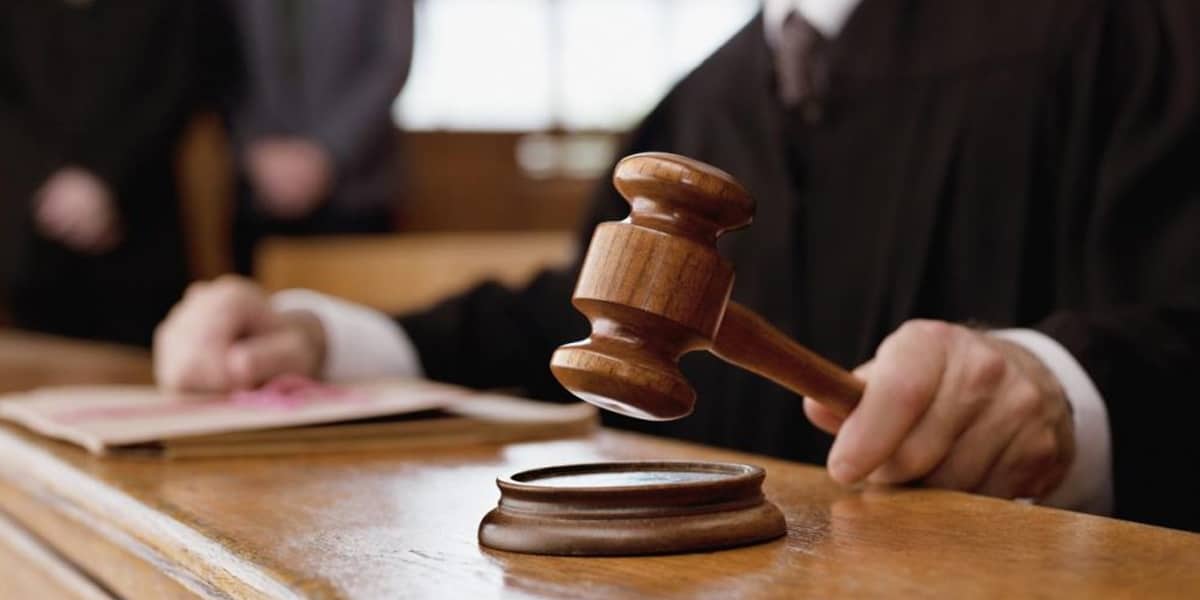When there is a trial, some people are often afraid of polygraphs, which is understandable, as they can detect whether you are lying or not. However, in most parts of the world, including Spain, these devices cannot be used as evidence in a trial, hence this title: The polygraph can be used as evidence in a trial.
However, it can be very useful for researchers, providing valuable information that can be used in other ways. Here, we are going to talk a bit about this and how it actually works.
Why doesn't a lie detector serve as a test?
Polygraphs are regarded as a pseudo-science, i.e. although they may serve as a guide, they are not legally accepted. That is to say, with the results obtained by polygraphs, it is not possible to make a conviction, even if the result is conclusive.
This applies not only in the criminal field, but in any other legal field. The results it yields the polygraph fall within what is known as expert evidence.
In other words, although the result may be damning, as long as it is not supported by hard evidence, it is irrelevant.
According to some researchers, neurologists, psychiatrists and other specialists claim that there is not much basis for accepting this as evidence. It is for this reason that legal authorities do not take this as real evidence despite the fact that it has been able to give very good results.
How do investigators use a polygraph?
Today, the polygraph test is becoming more and more widespread and these devices are becoming more and more accurate. Although it is legally invalid in court, it can be used in other ways.
In the investigative field, this evidence is often used quite frequently by intelligence agencies and even by the police. It can provide valuable information as to where the investigation should be directed.
In addition, it serves to confirm hypotheses and other information, which can be vital in investigations. So, this test has a large number of benefits at the police level, which can be of great benefit.
The Polygraph
How reliable can the results be?
Generally speaking, the results that can be obtained by means of a polygraph can be quite reliable. This is because the body's physiological variations do not lie, which means that you can get very good results.
Of course, the result of a polygraph test does not depend solely on the device, as other things are involved. For example, the software that records the results and the person who interprets the results.
Therefore, these results can be very variable, but generally speaking, the results you can get are quite good and accurate.
In this sense, we have that, for any investigation, the result that they are going to obtain is going to be important. That is why these tests are important, both for law enforcement agencies and for different companies that use them in different ways.
Can it be used on a defendant?
Regardless of whether the result of this test is taken as a legal test, it is important to mention that it can be applied at any time. Legally, however, the consent of the person to be tested is required.
That is to say, in the event that the accused or the investigated refuses to submit to a polygraph testcould not be realised.



